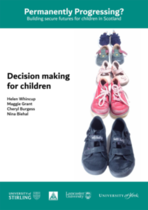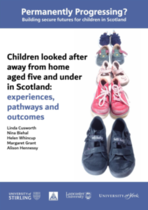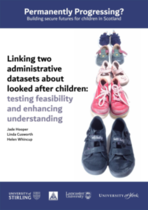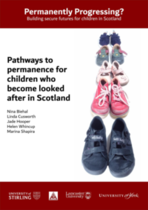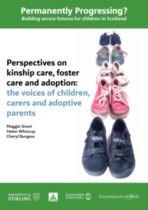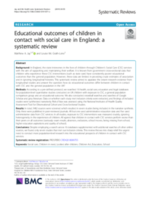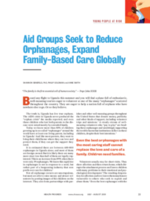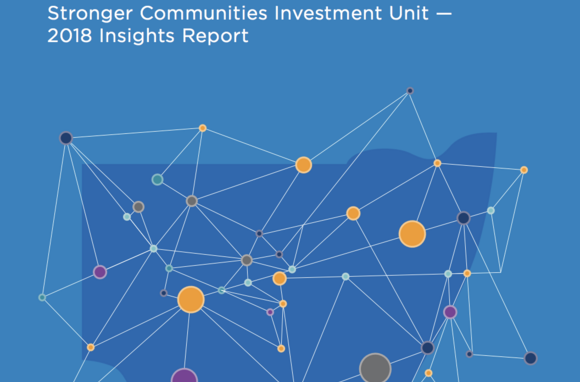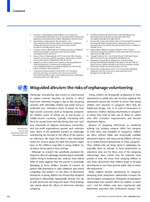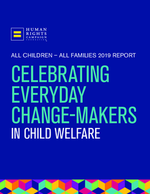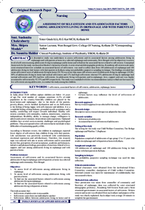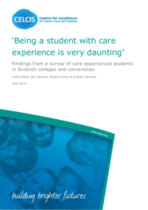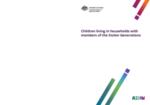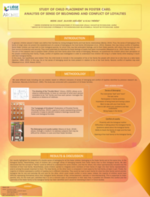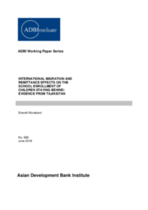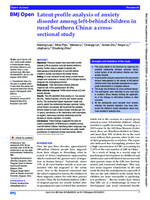School satisfaction among youth in residential care: A multi-source analysis
The aim of this article is to analyse the evaluations made by the main stakeholders involved in the school situation of young people in residential care and propose an explanatory model of their level of school satisfaction (SS) based on variables related to the youngsters' subjective well-being. The sample was composed of 219 subjects from five European countries (Germany, Austria, Croatia, Spain and France), including 75 young people, 75 caregivers, and 69 teachers.

